Best Companion Plants For Your Potted Lemon Tree
Best Companion Plants for Your Potted Lemon Tree
Lemon trees are a popular choice for home gardeners, and for good reason. They're relatively easy to care for, and they produce delicious fruit. But did you know that planting companion plants around your lemon tree can help it to thrive?
Companion planting is a gardening technique that involves planting certain plants together for their mutual benefit. Some companion plants attract pollinators, which help to fertilize the lemon tree and produce more fruit. Others deter pests, helping to keep your tree healthy. And still others improve the soil quality, providing the lemon tree with the nutrients it needs to grow strong.
If you're looking to boost the health and productivity of your potted lemon tree, here are some of the best companion plants to consider:
- Lavender. Lavender is a fragrant herb that attracts pollinators, such as bees and butterflies. It also helps to deter pests, such as mosquitoes and moths. Lavender is also drought-tolerant, making it a good choice for potted lemon trees that are grown in hot, dry climates.
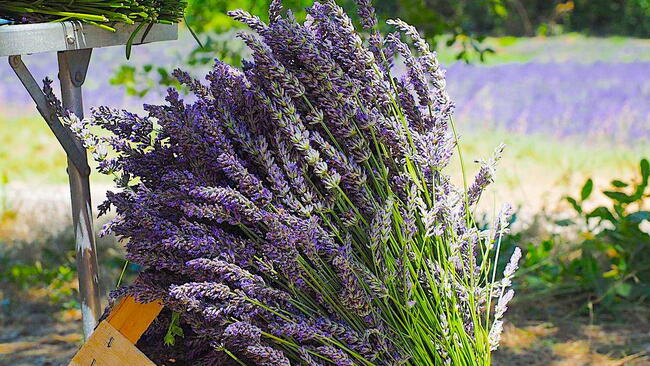
- Rosemary. Rosemary is another fragrant herb that attracts pollinators. It also helps to improve the soil quality, making it a good choice for potted lemon trees that are grown in poor soil. Rosemary is also drought-tolerant and can withstand cold winters.

- Chives. Chives are a member of the onion family and have a strong scent that repels pests, such as aphids and spider mites. They also help to improve the soil quality, making them a good choice for potted lemon trees that are grown in poor soil. Chives are relatively easy to care for and can be harvested throughout the growing season.
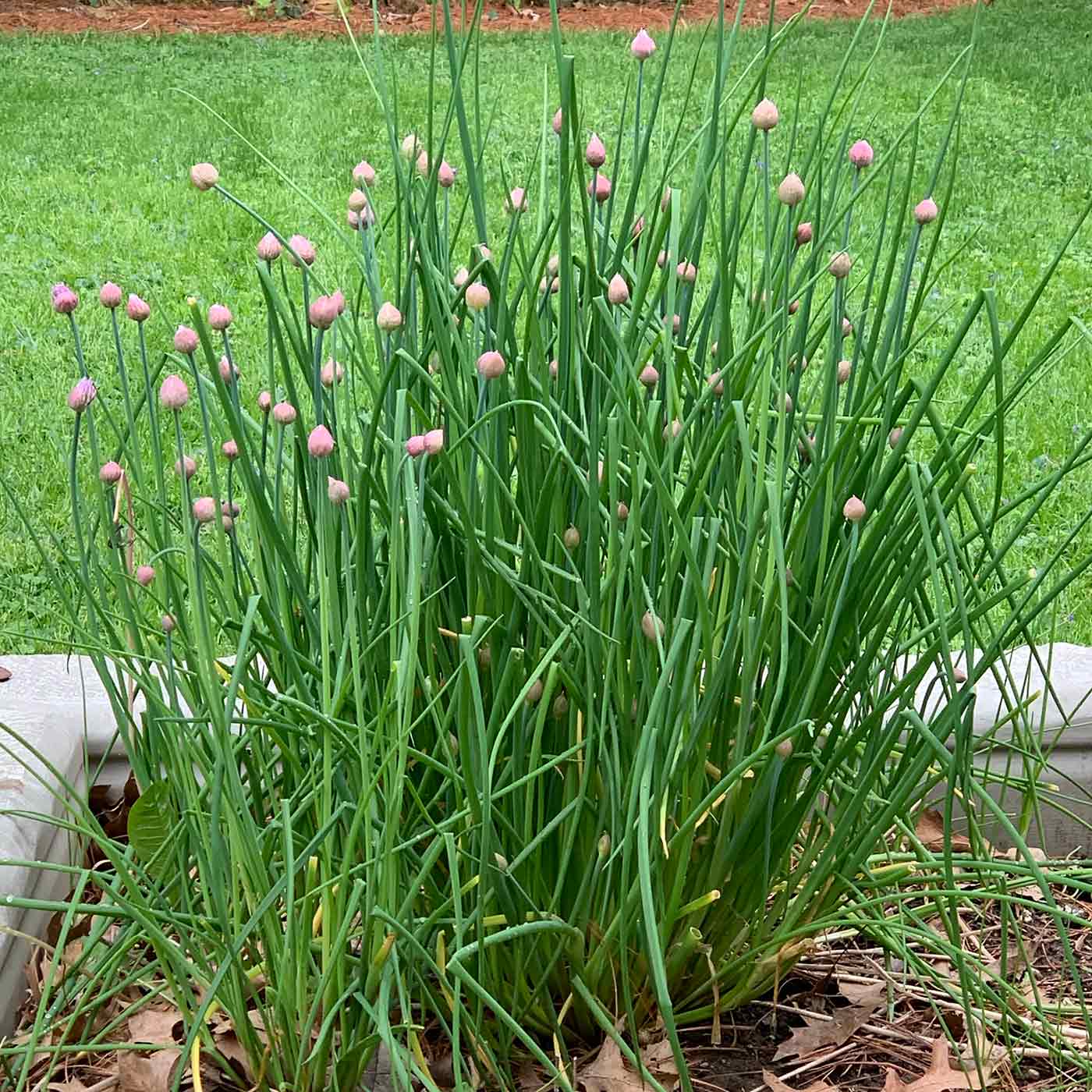
- Marigolds. Marigolds are bright, cheerful flowers that also have insect-repelling properties. They're a good choice for potted lemon trees that are susceptible to pests, such as aphids and whiteflies. Marigolds are also relatively easy to care for and can tolerate a variety of growing conditions.
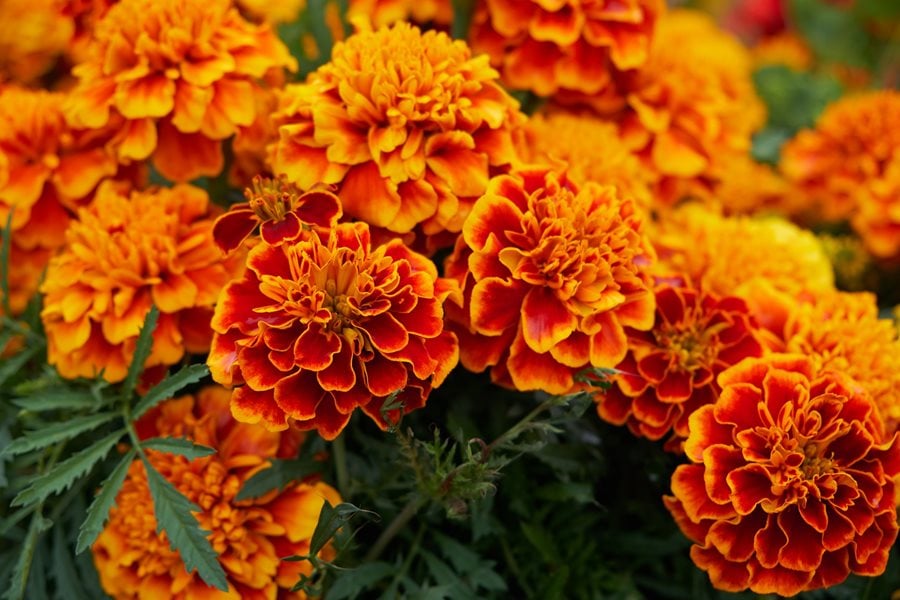
- Nasturtiums. Nasturtiums are another edible flower that repels pests. They're also a good source of nitrogen, which can help to improve the soil quality around your lemon tree. Nasturtiums are relatively easy to care for and can be grown in a variety of climates.

- Fennel. Fennel is a tall, leafy herb that can help to deter pests, such as mosquitoes and flies. It also helps to improve the soil quality, making it a good choice for potted lemon trees that are grown in poor soil. Fennel is relatively easy to care for, but it does need full sun in order to thrive.
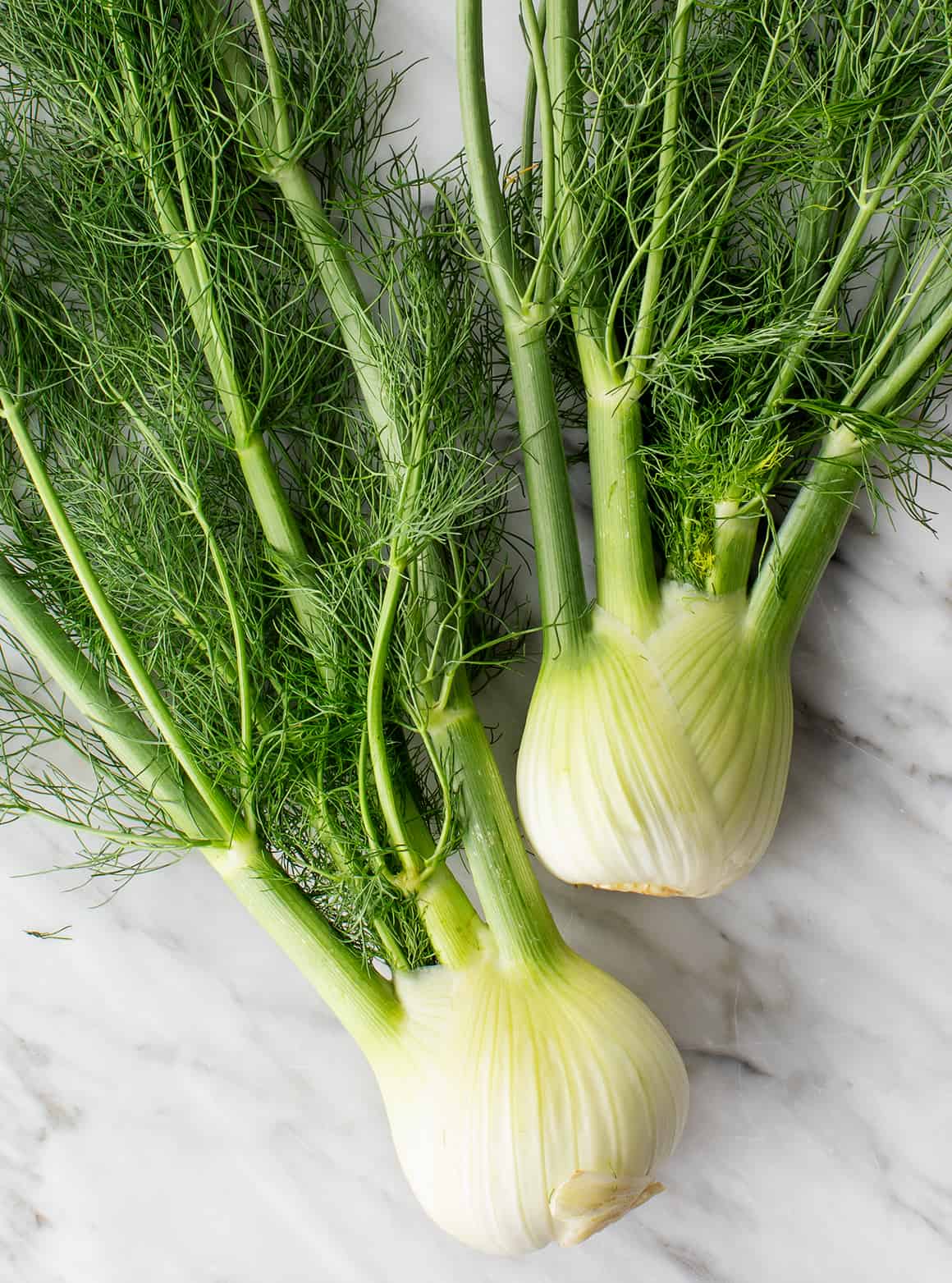
- Parsley. Parsley is a flavorful herb that attracts pollinators and deters pests. It's also a good source of vitamins and minerals, which can help to boost the health of your lemon tree. Parsley is relatively easy to care for and can be grown in a variety of climates.
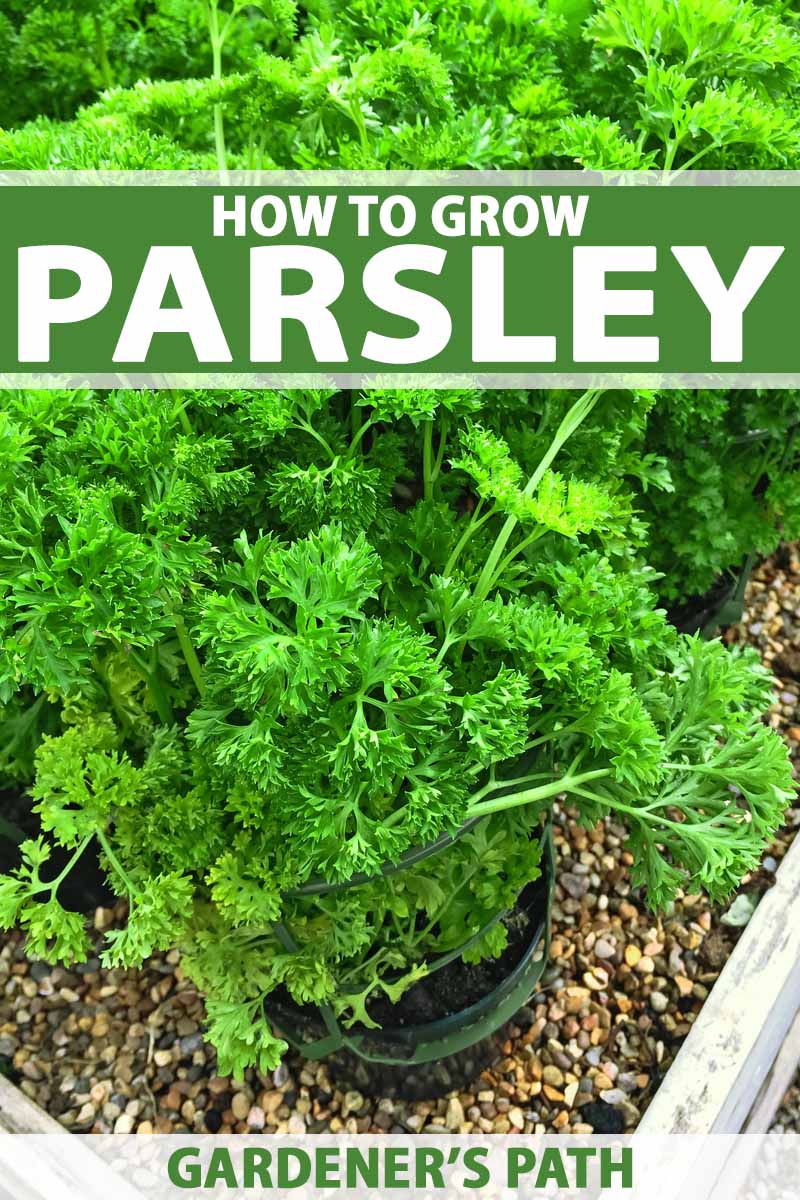
- Cilantro. Cilantro is another flavorful herb that attracts pollinators and deters pests. It's also a good source of vitamins and minerals, which can help to boost the health of your lemon tree. Cilantro is relatively easy to care for, but it does need full sun in order to thrive.
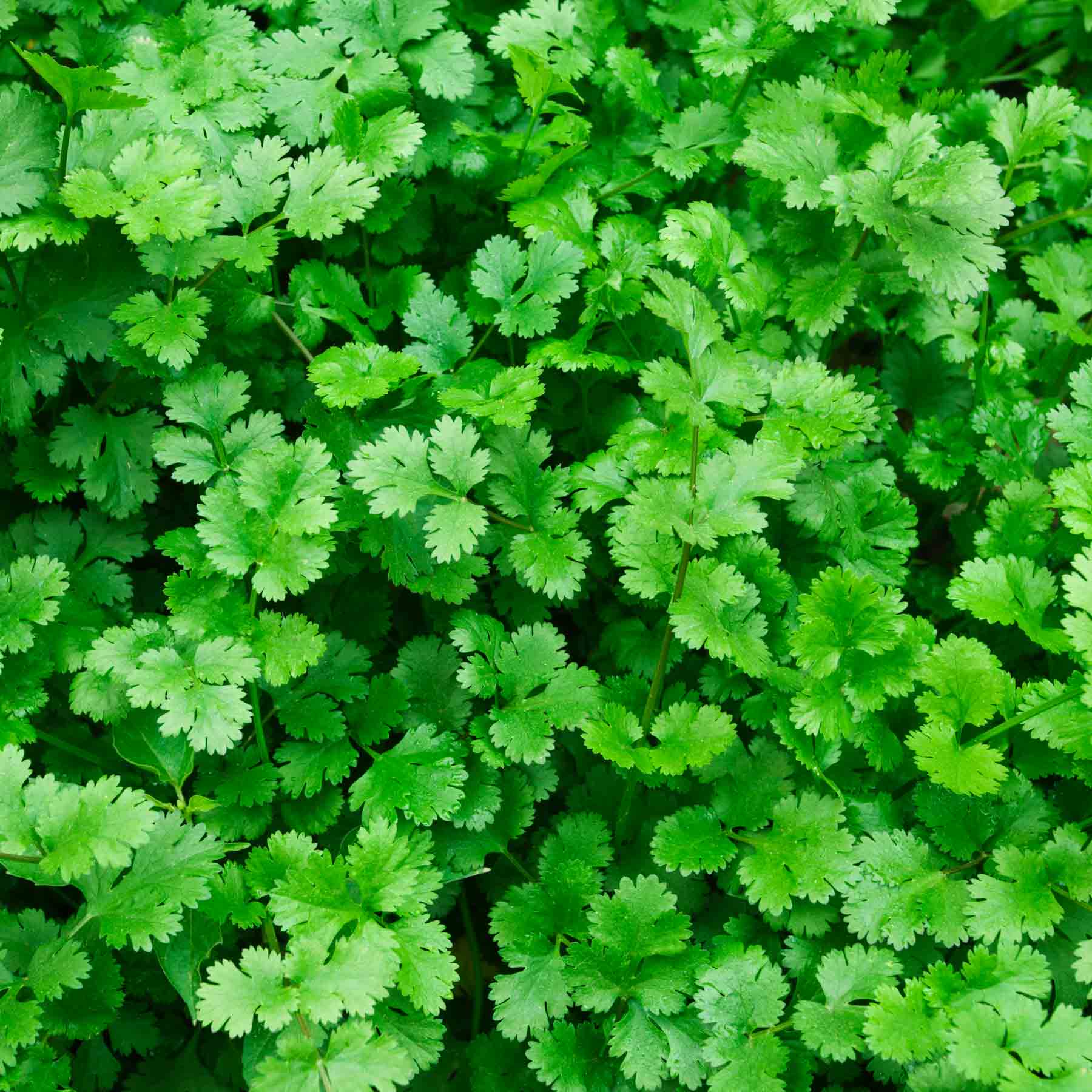
These are just a few of the many companion plants that can benefit your potted lemon tree. When choosing companion plants, it's important to consider the climate you live in, the size of your lemon tree, and the specific needs of your plant. With a little research, you can find the perfect companion plants to help your lemon tree thrive.
If you're growing a potted lemon tree, you may be wondering what companion plants to put around it. There are many great options, but some of the best include:
- Nasturtiums. These colorful flowers are not only attractive, but they also help to repel pests like aphids and whiteflies.
- Marigolds. Marigolds are another great choice for companion plants, as they help to deter nematodes, which can damage the roots of lemon trees.
- Chamomile. Chamomile is a flowering herb that helps to attract beneficial insects, such as ladybugs and hoverflies, which can help to control pests.
- Lavender. Lavender is a fragrant herb that helps to repel mosquitoes and other insects.
- Rosemary. Rosemary is another fragrant herb that helps to repel pests. It also helps to improve the flavor of the lemons that your tree produces.
For more information about companion plants for potted lemon trees, please visit Gardenia Inspiration. This website has a comprehensive list of plants that can be grown alongside lemon trees, as well as information about the benefits of companion planting.
FAQ of companion plant for potted lemon tree
- What are some good companion plants for a potted lemon tree?
Some good companion plants for a potted lemon tree include:
- Edible herbs: These plants can help to repel pests and attract pollinators, both of which are beneficial to the lemon tree. Some good examples include basil, rosemary, cilantro, and parsley.
- Flowering plants: These plants can add beauty and interest to the area around the lemon tree, and they can also help to attract pollinators. Some good examples include marigolds, petunias, and sunflowers.
- Legumes: These plants can help to fix nitrogen in the soil, which can benefit the lemon tree. Some good examples include beans, peas, and lentils.
- Climbing plants: These plants can help to provide shade for the lemon tree, which can be beneficial in hot climates. Some good examples include cucumbers, peas, and beans.
- Aromatic plants: These plants can help to deter pests from the lemon tree. Some good examples include lavender, mint, and rosemary.
- How close should companion plants be planted to a potted lemon tree?
The distance between companion plants and a potted lemon tree will vary depending on the size of the plants. In general, it is a good idea to plant companion plants at least 18 inches away from the lemon tree. This will give the plants enough space to grow and thrive, and it will also help to prevent the roots of the plants from competing for water and nutrients.
- What are some things to avoid when planting companion plants with a potted lemon tree?
There are a few things to avoid when planting companion plants with a potted lemon tree. First, avoid planting any plants that are known to be susceptible to the same pests or diseases as the lemon tree. Second, avoid planting any plants that will shade the lemon tree too much. And finally, avoid planting any plants that have aggressive root systems that could damage the roots of the lemon tree.
- How can I use companion planting to improve the health of my potted lemon tree?
Companion planting can be a great way to improve the health of your potted lemon tree. By planting the right companion plants, you can help to repel pests, attract pollinators, improve the soil quality, and provide shade. All of these factors can contribute to a healthier and more productive lemon tree.
- What are some other benefits of companion planting?
In addition to the benefits mentioned above, companion planting can also:
- Reduce the need for pesticides and herbicides.
- Attract beneficial insects and wildlife.
- Improve the appearance of your garden.
- Save you money on gardening supplies.
Image of companion plant for potted lemon tree
- Basil. Basil is a great companion plant for lemon trees because it helps to repel pests and attract pollinators. It also has the added benefit of being delicious!

- Marigolds. Marigolds are another great companion plant for lemon trees. They help to repel pests and nematodes, which can damage lemon trees. They also add a splash of color to your garden.

- Rosemary. Rosemary is a drought-tolerant plant that can help to improve the drainage of the soil around your lemon tree. It also helps to repel pests and attract pollinators.

- Lavender. Lavender is a fragrant herb that can help to deter pests and attract pollinators. It also helps to improve the air quality around your lemon tree.

- Thyme. Thyme is a low-maintenance herb that can help to improve the drainage of the soil around your lemon tree. It also helps to repel pests and attract pollinators.

Post a Comment for " Best Companion Plants For Your Potted Lemon Tree"